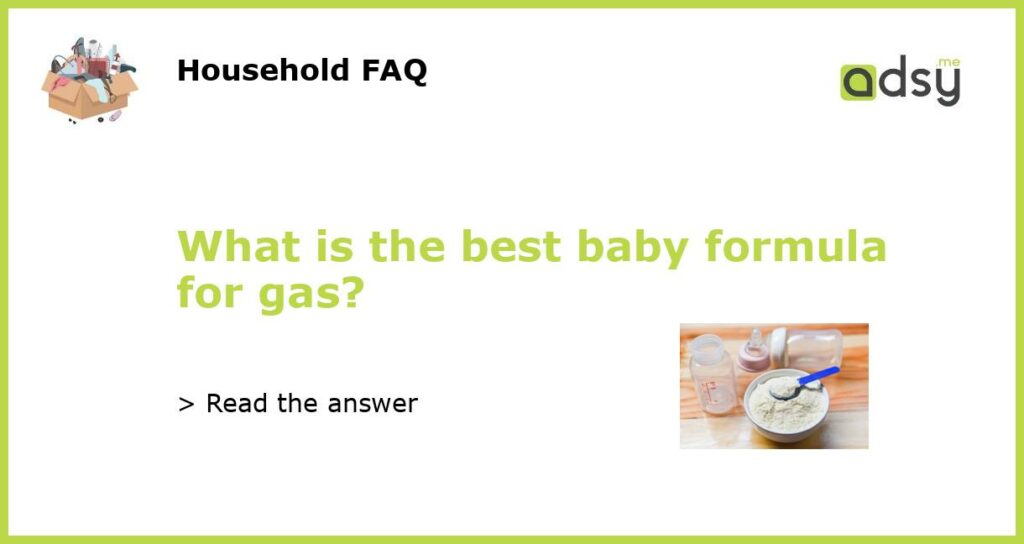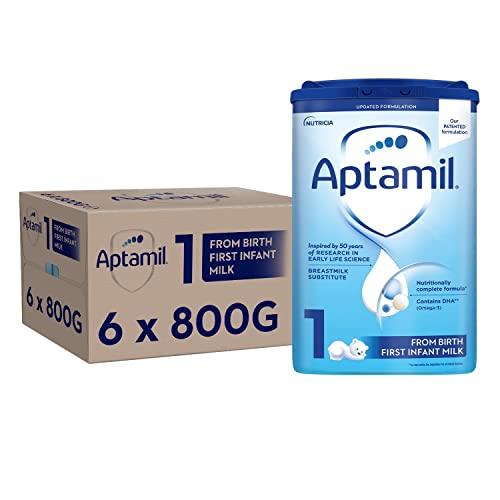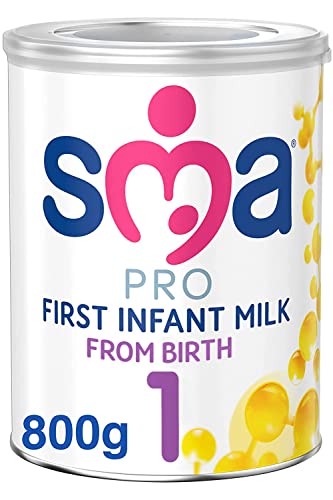What Causes Gas in Babies?
Before discussing the best baby formula for gas, it’s essential to understand what causes gas in babies. Gas is a natural occurrence in the digestive system of infants. As their digestive system develops, it’s normal for babies to pass gas frequently. However, certain factors can cause excessive gas, such as swallowing air while feeding, lactose intolerance, or switching formulas too quickly. Excessive gas can make your baby feel uncomfortable and fussy, leading to sleep disruptions.
Soy-Based Formula vs. Dairy-Based Formula
When it comes to choosing the best formula for gas, two types of formulas are available in the market- soy-based formula and dairy-based formula. Dairy-based formulas contain milk proteins and whey, whereas soy-based formulas are made from soy proteins. If your baby has a milk allergy or lactose intolerance, a soy-based formula may be the best option. However, studies have shown that soy proteins can cause gas and colic in some infants. Therefore, for babies with gas problems, a dairy-based formula may be a better choice.
Best Baby Formula for Gas
There are several dairy-based formulas available in the market that may help relieve gas and colic in infants. Similac Sensitive is a popular choice that contains a blend of carbohydrates that is easy to digest, promoting soft stools and preventing gas build-up. Another excellent option is Enfamil Gentlease, which contains easy-to-digest partially hydrolyzed proteins that are gentle on the stomach. Both formulas are also enriched with iron, calcium, and other essential nutrients to support your baby’s growth and development.
Tips to Reduce Gas in Babies
In addition to finding the best formula for gas, there are other things you can do to reduce gas and colic symptoms in your baby. Try burping your baby frequently while feeding to release any trapped air. You can also gently massage your baby’s tummy or try the bicycle exercise- gently moving their legs up and down to help release gas. Additionally, avoid overfeeding your baby, as this can lead to excess gas and possible spitting up.
When to See a Doctor
While it’s normal for babies to pass gas, excessive gas accompanied by other symptoms such as vomiting, diarrhea, or fever may be a sign of a more severe condition. If you notice any of these symptoms, it’s best to consult your pediatrician. They can help rule out any underlying medical issues and recommend the best course of action to relieve your baby’s gas and discomfort.






